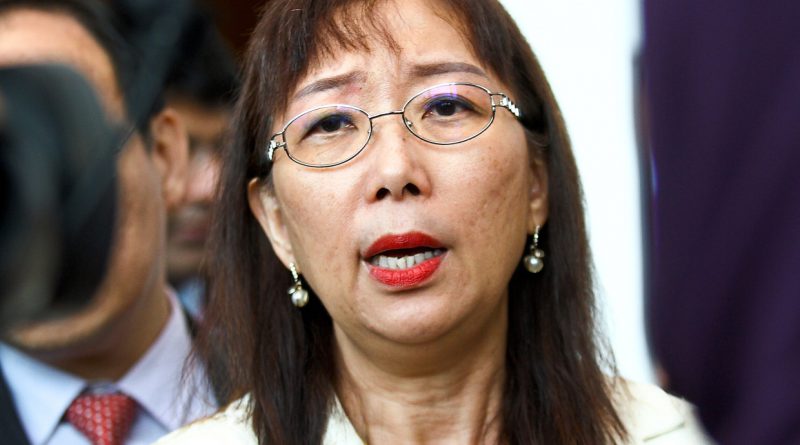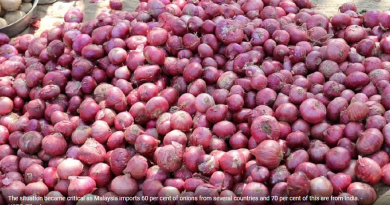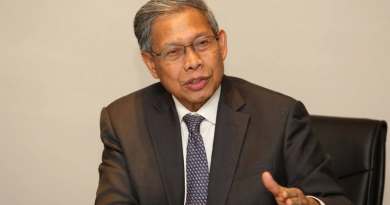Palm oil industry is highly sustainable
PUTRAJAYA: Despite criticism on one of the country’s prized commodities, Teresa Kok said Malaysia will not waver in its commitment to show the world that the palm oil industry is highly sustainable.
The Primary Industries Minister aims to prove that Malaysia is trying its best to strike a balance between developing the industry and protecting the environment in accordance to national and international standards.
“The industry is constantly fraught with all kinds of accusations, alluding that palm oil poses health concerns and is unsustainably cultivated.
“Notwithstanding that, we will continue to have constructive engagements with importing countries such as those in the European Union (EU) to ensure that palm oil has market access to food and non-food applications, ” she said when opening the 39th Palm Oil Familiarisation Programme here yesterday.
She said the government is also working closely with other palm oil producing countries under the Council of Palm Oil Producing Countries (CPOPC) to address issues on palm oil in EU.
Recently, she said CPOPC proposed to establish a CPOPC-EU Joint Working Group on Palm Oil to address concerns over the product in EU.
She said the government is also committed to maintaining at least 50% of the country’s land under forest and green cover as it develops the palm oil industry.
“The latest figures reported that as of 2017, about 55.6% of Malaysia’s 33 million hectare-land area is under forest cover, ” she said, adding that the country is moving towards nationwide sustainable palm oil production by 2020 through the Malaysian Sustainable Palm Oil (MSPO) certification.
Kok said other policies in place to ensure sustainable oil palm cultivation include capping cultivated areas to 6.5 million hectares, to stop oil palm from being planted in peatlands, and strengthen regulations on existing plantations on peat, ban forest reserves from being turned into oil palm plantations, and making oil palm plantation maps available to the public.
The industry is often blamed for causing the haze, which is believed to be the result of the slash and burn land clearing methods, affecting air quality mainly in Indonesia, Malaysia and Singapore.
However, Kok said many companies adhere to sustainable agriculture standards set by initiatives aimed at promoting sustainable palm oil production such as the Roundtable on Sustainable Palm Oil (RSPO) and the MSPO certification schemes.
“They definitely won’t do open burning and it is unfair for the public to keep pointing fingers at the palm oil industry, ” she said.
Kok said the fires could also have been caused by others including smallholders and villagers in the area who clear land to plant various crops.
However, she said this could only be confirmed after Indonesia releases findings of its investigations.
“We need to be fair. We have seen efforts by Indonesia to put out the fire and even President Joko Widodo himself went down to the ground to assess the problem, ” she said.
On Sept 17, the Indonesian President ordered a crackdown on individuals and companies responsible for forest fires.
Kok will also head to Indonesia next month with hopes of bringing players in the Malaysian and Indonesian plantation owners section together to discuss issues related to the industry.
Source: TheStar




